|
Welcome to interview 3 in the Software Buying Series on the Purposeful Products blog. In the last post, I interviewed a representative from Flippa about how to buy an existing software application as a way of starting a tech business. The next two interviews will answer the question: “What are my options if I want to build an app myself, without developer assistance?” As someone who has come from a tech background, I wanted to open up an honest debate about the pros and cons of using app builder software, and the suitability of app builder platforms to use as a long-term, sustainable, scalable foundation on which to build a business. I’m looking forward to finding out more, and asking a few challenging questions along the way! This week’s guest is Emmanuel Straschnov, Founder of Bubble, and we'll be hearing about how to build a web app from scratch, without coding skills. Welcome Emmanuel! Please tell us about your product. Bubble is a visual programming platform that allows users to build web apps without typing any code, then lets them run their app on Bubble’s cloud platform without having to maintain servers, etc. It’s designed for startups and business owners mostly, as it helps them build their customer facing, or internal solutions for a fraction of the cost of traditional development, and gives them more control over their software. When did Bubble “go live”? We started building Bubble in 2012, and launched in late 2015. We now have thousands of businesses that run on our platform, and more than 160,000 users. Do you class yourselves as a SaaS business? Yes, though sometime PaaS (platform-as-a-service) is more suitable as we’re a platform in the sense that contributors can sell, lease and distribute plugins on Bubble and we handle the payments. Overall, our business model very much follows the SaaS model, though our software is mostly free. You only start paying when you want to use your own domain, or need more capacity for your app. Can you give us a high-level breakdown of the types of people, and businesses that use your app? Well, we have three kinds of users. Firstly, our major category of users are startup founders that launch their businesses on us, and develop the entire product on Bubble. These account for about 60% of our users. Secondly, small businesses are an important category for us, as they use us to build the solutions they would usually hire a development shop to build. These are probably 30% of our users. The last 10% are individuals and groups - schools, and students that use Bubble for personal and class projects. The categories are not necessarily distinct, we’ve seen a lot of students become entrepreneurs on our platform! What level of skill, or experience is needed to get started with your app? Bubble is similar in complexity to productivity tools like Excel or PowerPoint. If you can use Excel, you can build an app on Bubble. It’s good to have good product sense, as that’s what you’re building, but as you build it, you can easily test, and iterate to improve the product further. What are your top tips for people building apps using your tool? Three things: 1. Keep in mind Bubble is a programming tool, so you should spend some time to learn it. While it’s great to start building and experimenting, we very much recommend doing the lessons we offer to make the best out of the product quickly. We estimate the time to learn the fundamentals to 3 to 54 hours, and after these hours, it’ll be much easier to build something. 2. When you start building, it’s always great to start with a pen and a paper! It’s good to think about what you want to build and the different screens you need, etc. 3. Rely on the community! After 6 years, when you have a question, it’s very likely that someone else has already raised that question and that it has been answered on our Forum. Then if you can’t find the answer, just ask! Our community is super vibrant and friendly. Point 2 is a key recommendation that I make in my books, and when working with tech entrepreneurs. Prototyping on paper is incredibly cheap - you can buy a notepad and create numerous versions of the app, and the user journeys needed to take your users from screen to screen within it. Take the time to work steps and processes through on paper first and get clarity. Even if I’m working on multi-million pound software projects I still do this! Mistakes are free at this stage, but once you hire a developer, or make the changes in a tool, there is a greater cost in terms of money, and / or time. What else should I know before getting started? Our commitment is that you’ll be able to build your app. As a user, your success on Bubble is our success, and we’ll make what is needed so that your app can scale on Bubble. How long does it take to build an app using your tool? That’s a tough one, as people usually keep iterating on their app as they build it. In general, people have a working version of the app in a few days. What are the major components of your app? Bubble has 3 elements:
What do you consider to be the best features and benefits of your app? There are so many features that it’s hard to list them, but in a nutshell: The ability to define your own data structure, so that your database does what you need. The ability to connect to any API. As long as it’s REST (a RESTful API), Bubble can talk to it. The fact that once it’s built, there is nothing to worry about in terms of servers, etc. Bubble scales automatically as your app does! What language is your tool written in? It’s built in JavaScript and relies on Postgres for the database. Which use cases is your product best for? Bubble is web based, whether it’s desktop, mobile, or database driven apps. If my app took off and I went from 1000, to 10,000 to 1000,000 daily users, how would that increase in resources be handled? Are there any boundaries on scalability? The way it works is that you add capacity when your app needs more. It comes at $20 USD per month per unit, and you can add more units if you need them. Some users have got to 500,000 page views a day on their system. When your app gets bigger, you can migrate to a dedicated plan, when we set up a cluster of servers just for your app, which buys you a lot of room to grow! How are things like sudden spikes in traffic, or large, sustained increases in users be managed? Would there be any actions that I would need to take, or would you handle all of this? We handle the technical aspects, and have some automated systems to make sure capacity gets adjusted when you need it. What you need to do within a few hours is add some units of capacity to have the best performance. How many users does your largest customer have? It’s hard to say - some apps have few users, but a ton of data traffic. In total, apps hosted on Bubble reach more than 10 million page views a month. Does your app handle in app purchases? Bubble apps are best for the web, so in-app purchase are handled that way. You can use the Stripe or the Braintree plugins to charge the cards. What security measures exist to prevent app cloning, and to keep customer data, including credit cards safe? We take security extremely seriously. All apps are served over SSL, we encrypt data at rest, etc. For credit cards, specifically, you would use Stripe or Braintree so the credit card data can be stored on their end. Yes, handling credit card information, especially with data privacy and standards like PCI DSS, which require merchants to follow very strict rules when managing customers’ personal and financial details can be tough to comply with for small businesses. The simplest thing to do is to work with a 3rd party payment processor (also known as a payment gateway), so you don’t need to worry about compliance because the processor handles all the complexity related to compliance and storing and managing credit and credit card information. Emmanuel, who owns my app, and the Intellectual Property behind my business and idea if I build my app using your platform? Our terms are very clear. You own your app, the design and the data, we own the engine that runs your app (and that engine is not specific to your app). The comparison we use to make it easy to understand is Microsoft Word. If you write a book, you own the book, but Microsoft retains the IP of the Word software. But would the actual code related to my specific app belong to you? We don’t generate code, so this question isn’t relevant to us. You own the app design and data, we own the engine! Thanks for the clarification. What does the monthly subscription cost cover and are all services completely withdrawn if customers halt their monthly payments? The monthly fee covers the hosting for your app and access to some specific features that are related to using the app in production. The access to the software to build is free. If you cancel your plan (or you card fails a few times), you’ll lose the connection to your domain, but the app will be there and kept safe. As soon as you subscribe again you’ll be back up on your own domain. Is there any level of portability (the ability to move and reuse software in a new environment, or on a new platform, or operating system) available? While we don’t export code, apps are very open. Any app on Bubble exposes an API automatically so that you can easily read and write data from the server. So, while apps are not portable per se, they are not completely closed to the outside world! What other advantages do app builder tools have over hiring a developer to create an app for you? The main advantages are: Speed of development, and control over your app. If you want to tweak your app, you don’t need to ask a developer to do it, you can do that on your own. Are there any groups, or use cases for which your app would be unsuitable? Why? Maybe building a platform game. That wouldn’t be the best use of Bubble... If I were to get stuck whilst working on the app, what options would I have, and how long would I need to wait to get support to help me resolve the problem? We offer email support to paying customers, but to be honest, the forum is the fastest way to get an answer! As we have users around the globe, if you ask with enough details, you’ll get an answer in a few minutes, while our email support is done during business hours. Are there people out there that could build the app for me? What skills would I need to look out for when hiring? Yes, we have quite a few agencies using us, and overall the feedback we have from users is great! People often ask for freelancers on the forum as well. In terms of skills, I’d say it’s the same as other freelancers: professionalism, reliability, etc. I'm interested to know whether a person creating an app can introduce new bugs into the app, or whether any bugs found will always be directly related to the app builder platform. We have a debugger in run mode that lets you test your app without custom plugin and custom code. If after testing you still think there is a bug, you file a bug report and our team will follow up with you. Can you tell me about your timescales for fixing bugs? If there is a bug with our platform, we’ll fix it from our end. We can’t commit to a timeline, but we do our best to fix a bug within a week or two. If it’s a critical production bug we fix it in a day. Is it possible to hire a coder to do major coding on top of the existing platform, or to add custom code here, or there? How would this work? Yes, they can add custom plugins written in JavaScript. Bubble can be extended with code using JavaScript plugins, so if you can code you can take Bubble even further, but it’s not necessary! Can multiple people work on creating new features for your app at the same time, in the same way that a development team could coordinate and create new features for an app? Yes, the editor can be used by multiple app editors at once. Can your app be internationalised to handle multiple languages? Yes, apps can have multiple languages. Are there any geographic restrictions on use? Not, not really. As long as AWS can be accessed, Bubble can used. (Bubble is hosted on AWS). See our previous blog post about the AWS 2018 Conference and the range of services that AWS (Amazon Web Services) has available for use by tech businesses. The post contains links to a number of free services and resources for tech startups. What is the standard uptime / availability of your service? It’s 99.9%, and you can monitor it at https://status.bubble.is/. The downtime (or its reverse, the uptime) of any system you use tells you how much downtime that system will experience on a daily, weekly, monthly, or annual basis. This time is unplanned, which means that the downtime can happen at any time, and can't be predicted, so if you are running software on any platform, or infrastructure and have customers that are using and relying on your software, then the uptime is very important. 99.9% uptime equates to approximately 10 minutes a week, or 43 minutes a month, which is a decent standard of service. For some tech businesses, even 99% uptime may not be good enough, and could result in a loss of customers. Even if you're building an app that doesn't require coding experience, it's still important that you have the knowledge to ask these kinds of questions before you decide to work with any service provider! If you'd like to expand your knowledge on these types of topics so you can run your tech business more efficiently and effectively, register for our forthcoming Techpreneur Toolkits and courses here. Here's an example of the information you'll find on Bubble's status page including latency (the delay experienced when waiting for data to reach its destination), API error rate which tracks the unexpected failures of Bubble's APIs due to Bubble failures, and page load speed. That’s a nice feature! How do you monitor app health and maintenance, for each customer? We have a lot of automated systems to make sure all apps work well. What's next for your app? We’re in this for the long term. Our goal is to redefine programming, and we’re well positioned for this, but we need to keep pushing the limits. Look out for the ability to build iOS apps, which is currently in Beta. Where can people go to find out more about your app? https://bubble.is/ Thanks Emmanuel, I wish you all the best of luck!
0 Comments
Your comment will be posted after it is approved.
Leave a Reply. |
WHAT INFORMATION WILL YOU FIND on THE PURPOSEFUL GROUP BLOG?Want to build a mobile, or web app to offer to your existing customers? Archives
February 2024
CategoriesAll # Building Software Applications Business Life / Managing A Business Buying Software For Your Business Entrepreneur Interviews Series 1 Entrepreneur Interviews Series 2 Funding Marketing Mindset Productivity Automation Business Tips Productivity-automation-business-tips Productivity Process Automation & Business Tips Research & Publications Startup And Small Business Support Technology Techpreneur Interviews Vision Strategy & Planning X |
|
Address:
5-7 Buck Street, Camden, London, NW1 8NJ Copyright © 2024. Purposeful Group®. All Rights Reserved.
|
Email: courses[at]purposefulgroup.com
Telephone: UK: 0203 974 2225 |
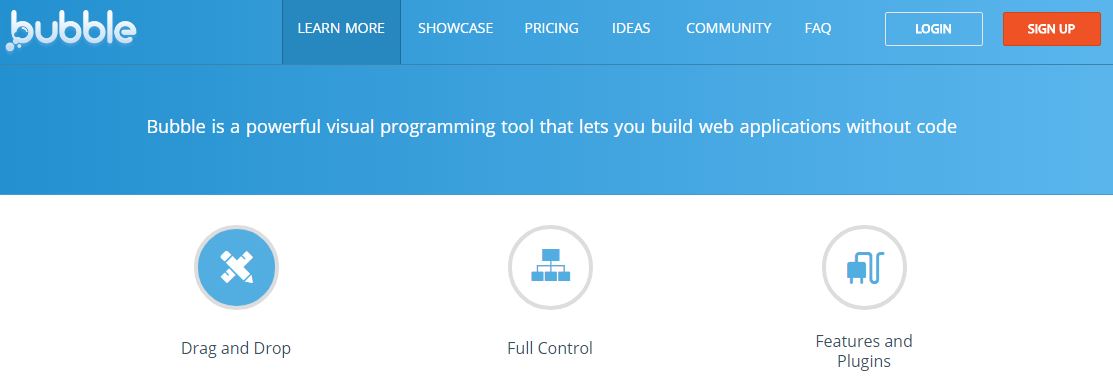
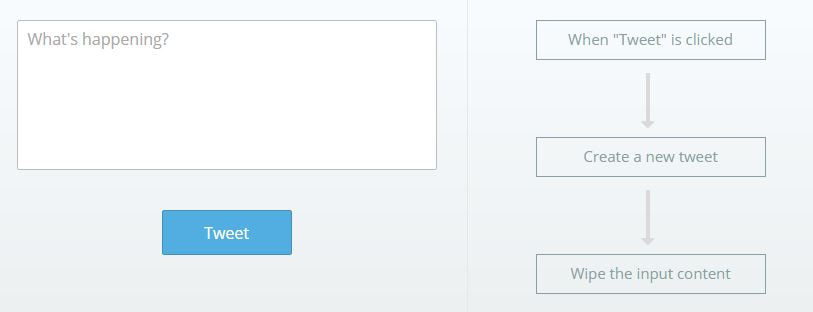
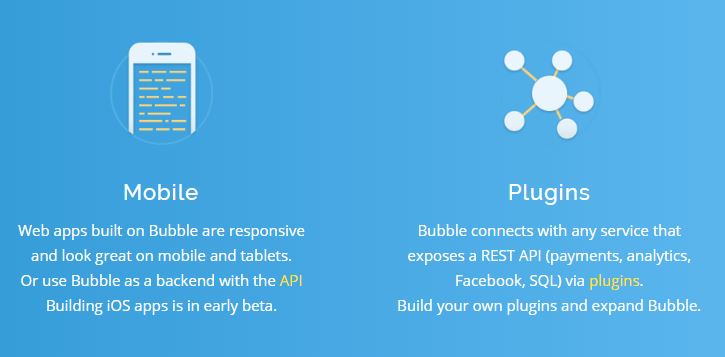
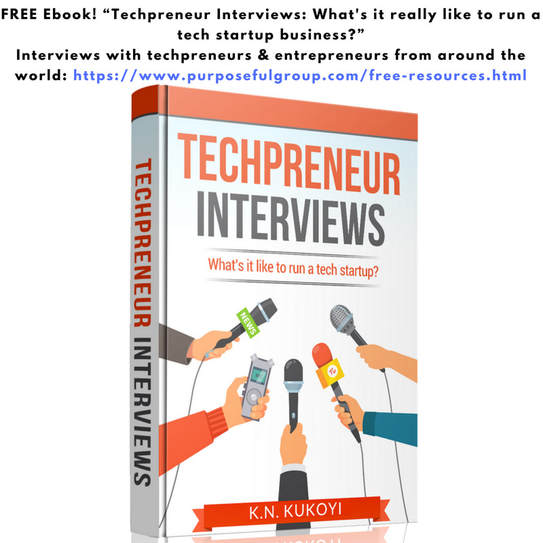
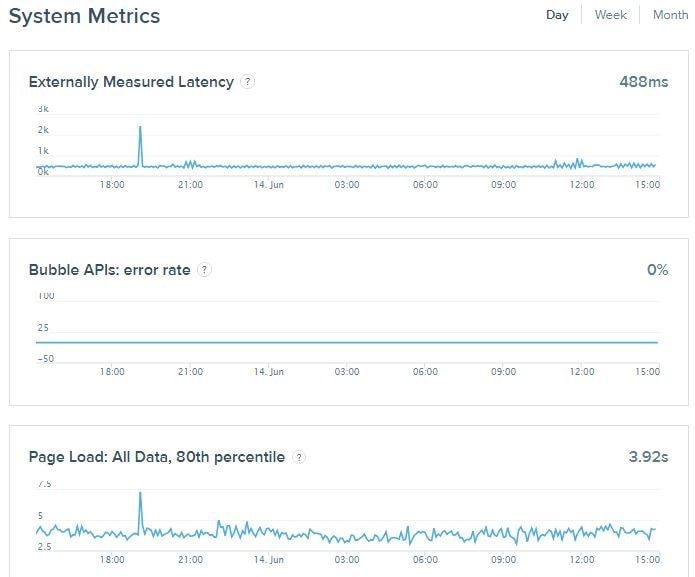
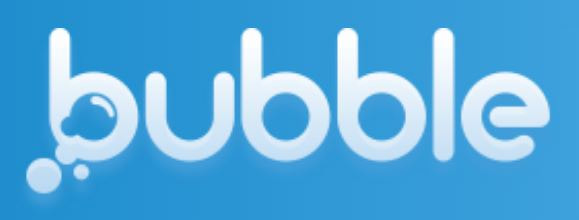
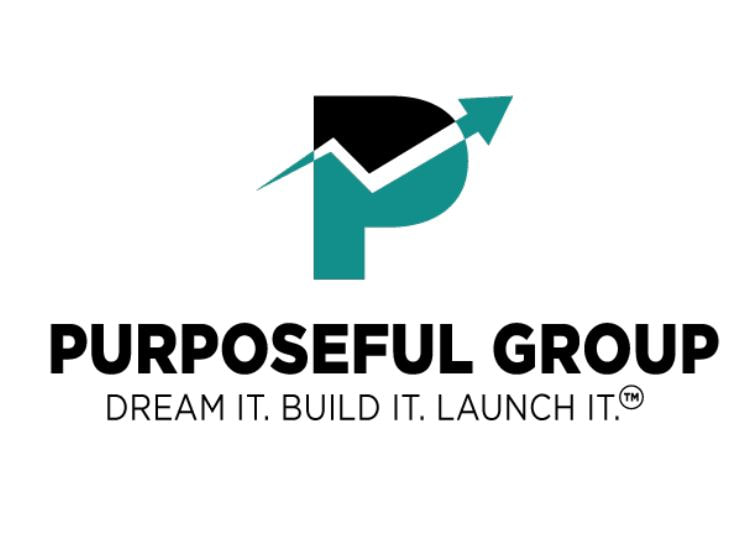
 RSS Feed
RSS Feed